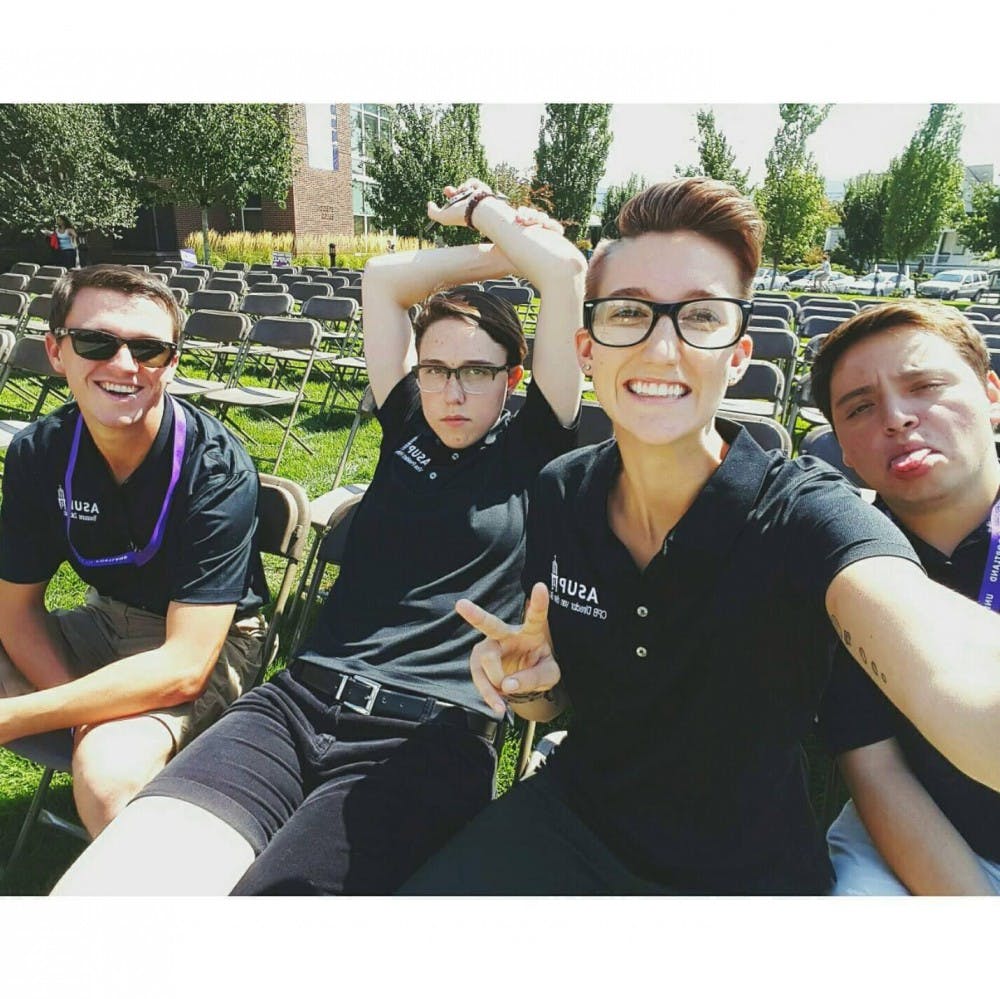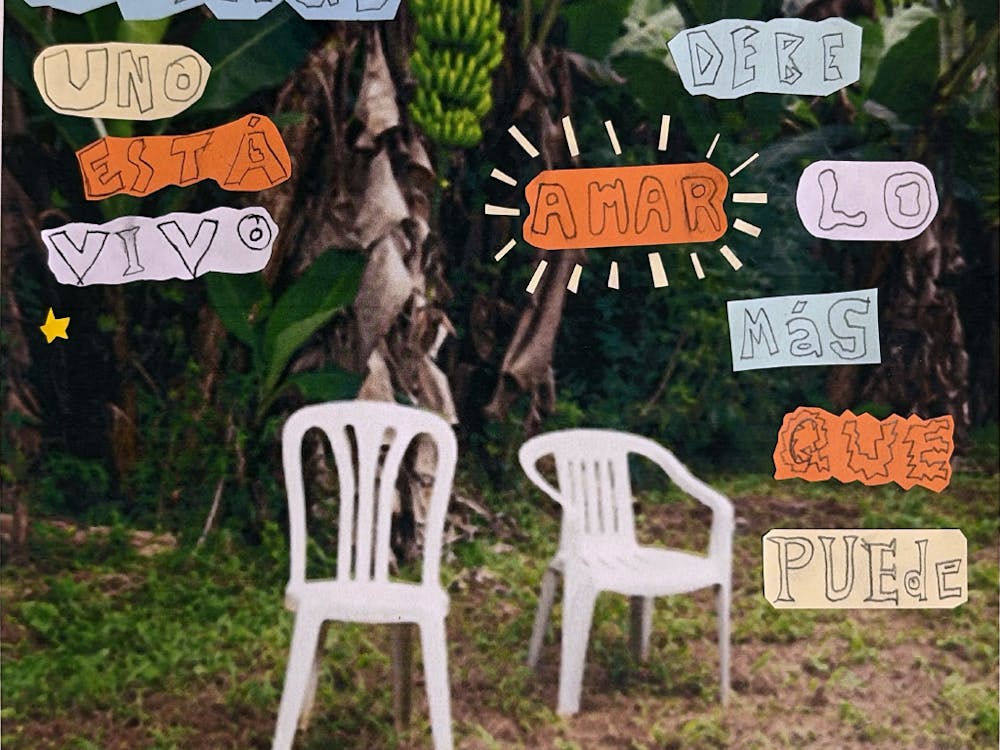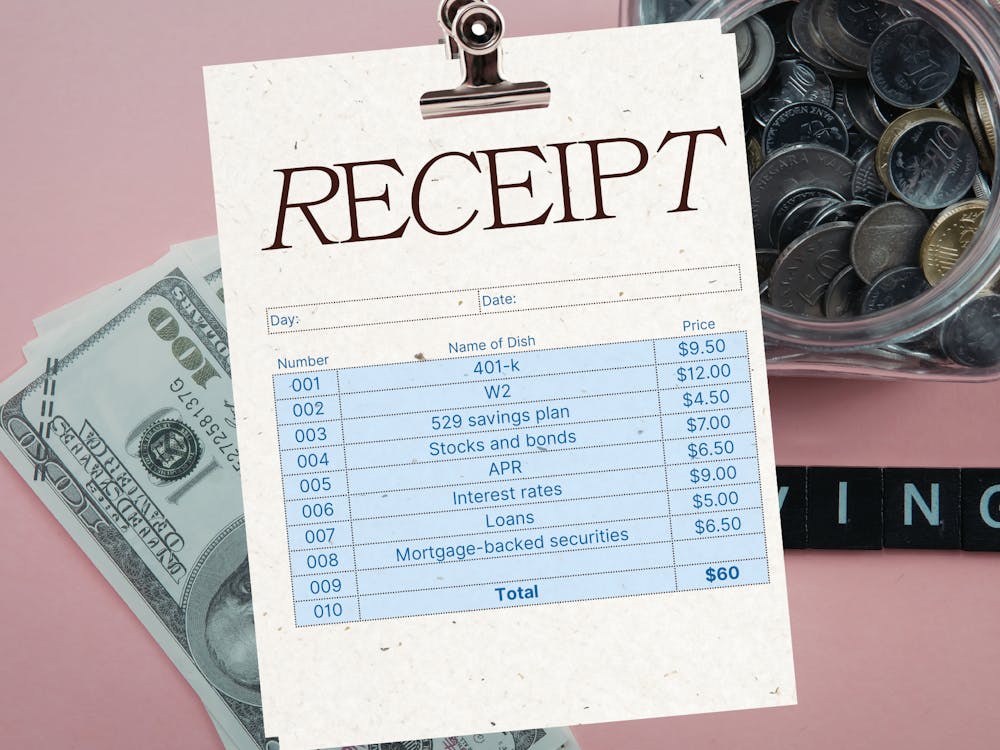By Sammy Van Den Berg |
You have to choose. It’s just a phase. Once you’re in a committed relationship, you’re no longer bisexual. You’re just confused.
I came out as bisexual when I was 15, and although my family and friends understood, others told me what we all hear.
“It’s probably just a phase.”
“Have you ever dated a girl?”
“Aren’t you dating boys though?”
When I cut my hair, I had to worry about explaining myself to everyone. There’s this purgatory society forces you into — forcing you to be a way that aligns with their stereotypes and perceptions, unable to accept that sexuality is fluid. I didn’t want boys to assume I was gay, or lesbians to assume I was straight.
There were boys who thought it was attractive that I was interested in girls. There were girls, especially lesbians, who believed I was more sexually promiscuous because of my identity, and assumed that I couldn’t commit to a relationship.
Sometimes I feel like I’m waiting for the day this stigma puts me in danger like it has for others.
In 2011, the Williams Institute, a UCLA Law think tank, found that 52 percent of the LGBT population (approximately 9 million Americans) identifies as bisexual, with 33 percent women and 19 percent men.
According to this data, bisexual people amount to approximately 4.7 million people in the United States. They face stigma on a daily basis. Boys hear the trope, “bi now, gay later,” girls hear “lesbian until graduation.” All of us “Bs” hear, “you’re just confused”.
In 2013, the Pew Research Center conducted a study that asked LGBT populations whether all or most of the important people in the person’s life knew about their orientation. Of the 1,197 participants, 77 percent of gay men said yes and 71 percent of lesbians said yes, but only 28 percent of bisexuals said yes, indicating the significant discomfort felt by bisexuals.
This stigma towards bisexualism is present among heterosexuals and the LGBT community alike. According to a 2013 study by Mackey Friedman, Ph.D., M.P.H., at the University Of Pittsburgh Graduate School Of Public Health, “Bisexual men and women face prejudice, stigma and discrimination from both heterosexual and homosexual people.”
In this study, 15 percent of respondents expressed feelings that bisexuality was an illegitimate sexual orientation. Even within the LGBT community, those who were gay or lesbian presented more negative bias toward bisexual people than those who are bisexual presented. This prejudice leads to feelings of isolation and marginalization from both communities, even resulting in higher chances of substance abuse, depression and risky sexual behavior.
Patrick Richards Fink and A.J. Walkley explore this concept of stigma in their “Positively Bi” talk series for The Huffington Post. “I've seen it put forth that this is an expression of patriarchal phallicism — bi women are deemed to be "really" straight, and bi men to be "really" gay, because the only authentic sexuality in our culture is one that places masculine sexual expression at the center as the only "real" sex,” Fink said.
For bisexual men and women, each face their own experience with stigmas. Bisexual men face increased pressure within this patriarchal society, in which there are concerns about
being too “femme” for women to date them. In a society running on stereotypical masculinity, masculinity attracts femininity and vice versa, with femininity perceived as the weaker of the two. Male bisexuality tends to confuse these traditional, outdated misconceptions.
In a 2015 article for Slate, Eliel Cruz recounted his experience being a femme bisexual man, “Here’s the trouble: While femininity can be dangerous for gay men, it is somewhat expected of them — a form of behavior or mode of self-presentation they are ‘allowed.’ For bi guys like me, even a little femininity threatens to erase our entire identity.”
Females who identify as bisexual, on the other hand, face a festishization, which some confuse with acceptance, that leads to even higher numbers of victimization and sexual abuse. A study conducted by the Center for Disease Control and Prevention in 2010 confirms this, finding that within a sample of 9,709 women, 35 percent of straight women and 43.8 percent of lesbian women had experienced rape, physical violence or stalking by a partner at some point in their lives, while a full 61.1 percent of bisexual women had.
Part of this divide is that bisexual women are more likely to encounter sexual harassment. When men approach them and find out about their orientation, the assumptions of increased promiscuity can further decrease the man’s likelihood to accept “no” as a response.
Nastassja Schmiedt, co-founder of Spring Up, a group that analyzes interpersonal and structural violence, says “There's this assumption that homosexual or queer people are interested in every one of the same sex, and that makes it so that they can't say 'no,' because you're so limited to what you can have." Schmiedt, who prefers pronouns “they” and “them,” was assaulted by a queer woman during their freshman year at Dartmouth. Upon confiding in their friends about the assault, some suggested Schmiedt should just start dating woman. Schmiedt claims it was like an extension of the belief that because the community is so small, everyone feels as though they have to take what they can get, which makes them more susceptible to assault.
This danger is present for women like me. This risk I face is a harder concept to tackle, but the stigma that perpetuates this risk, the stigma that prevents the public from truly seeing the facts, is a danger all on its own.
And the stigma comes from both sides — the heterosexual community doesn’t trust you, the LGBT community that should embrace you, doesn’t. LGBT is supposed to be inclusive. The dangers of a stigmatized identity are clear. Bisexuals are not confused. Society in general and the LGBT community in particular need to accept and embrace this. The “B” is not bullshit.








